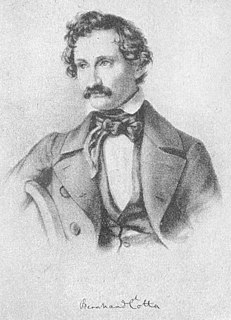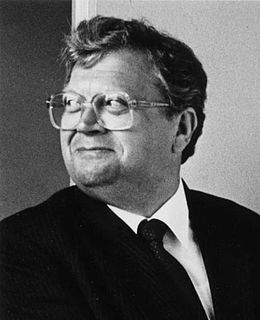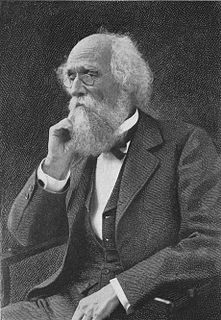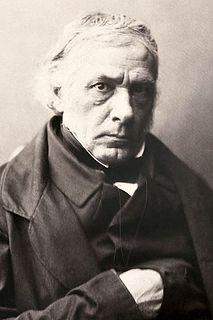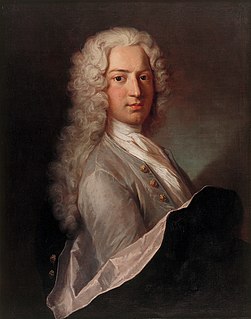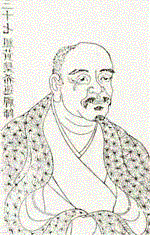A Quote by Friedrich Wilhelm Joseph Schelling
...all phenomena are correlated in one absolute and necessary law, from which they can all be deduced.
Related Quotes
The experimental investigation by which Ampere established the law of the mechanical action between electric currents is one of the most brilliant achievements in science. The whole, theory and experiment, seems as if it had leaped, full grown and full armed, from the brain of the 'Newton of Electricity'. It is perfect in form, and unassailable in accuracy, and it is summed up in a formula from which all the phenomena may be deduced, and which must always remain the cardinal formula of electro-dynamics.
I have not been able to discover the cause of those properties of gravity from phenomena, and I frame no hypotheses; for whatever is not deduced from the phenomena is to be called a hypothesis, and hypotheses, whether metaphysical or physical, whether of occult qualities or mechanical, have no place in experimental philosophy.
In the course of the history of the earth innumerable events have occurred one after another, causing changes of states, all with certain lasting consequences. This is the basis of our developmental law, which, in a nutshell, claims that the diversity of phenomena is a necessary consequence of the accumulation of the results of all individual occurrences happening one after another... The current state of the earth, thus, constitutes the as yet most diverse final result, which of course represents not a real but only a momentary end-point.
Only a law-order which holds to the primacy of God's law can bring forth true freedom, freedom for justice, truth, and godly life. Freedom as an absolute is simply an assertion of man's "right" to be his own god; this means a radical denial of God's law-order. "Freedom" thus is another name for the claim by man to divinity and autonomy. It means that man becomes his own absolute.
There is nothing which Nature so clearly reveals, and upon which science so strongly insists, as the universal reign of law, absolute, universal, invariable law... Not one jot or tittle of the laws of Nature are unfulfilled. I do not believe it is possible to state this fact too strongly... Everything happens according to law, and, since law is the expression of Divine will, everything happens according to Divine will, i.e. is in some sense ordained, decreed.
The nature of the Absolute is neither perceptible nor imperceptible; and with phenomena it is just the same. But to one who has discovered his real nature, how can there be anywhere or anything separate from it?... ...Therefore it is said: 'The perception of a phenomenon IS the perception of the Universal Nature, since phenomena and Mind are one and the same.'




